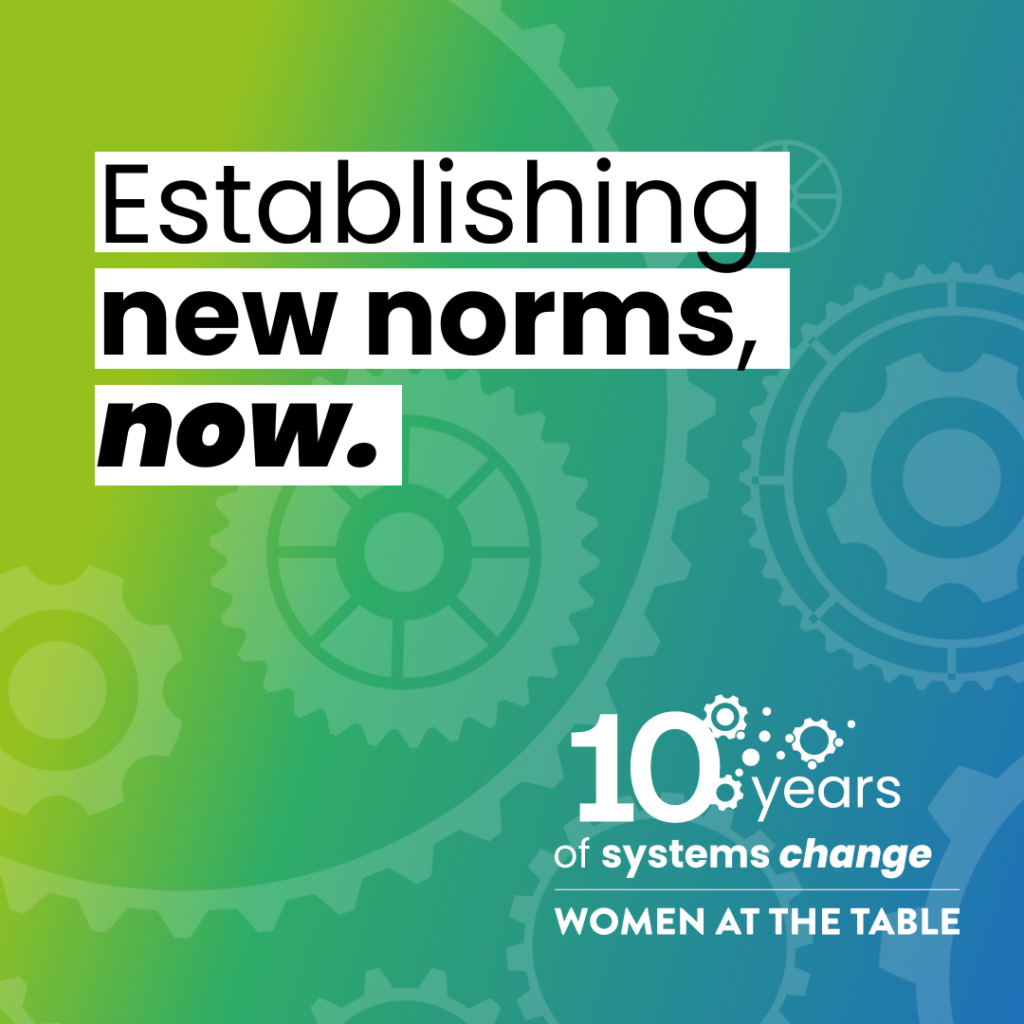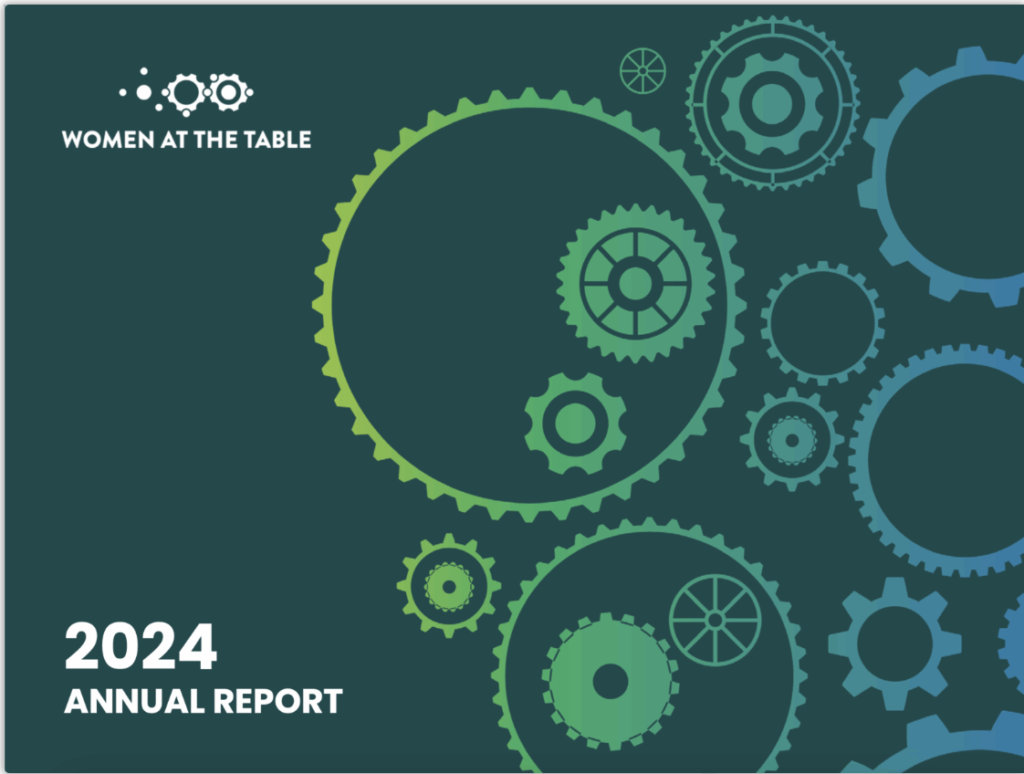Celebrating a decade of Women At The Table, co-founder of the A+ Alliance.
We are honored to celebrate Women at the Table (W@TT)— co-founder of the A+ Alliance—on their 10-year anniversary, decade marked by feminist innovation and fearless leadership.
W@TT has never settled for adding women into broken systems—they’ve reimagined the systems themselves. From international trade to artificial intelligence, their work has transformed power structures by placing gender equality at the core of global decision-making.
W@TT’s has an unwavering commitment to building a future where justice, equity, and inclusion are foundational—not optional.

From international trade to artificial intelligence, their work has transformed power structures by placing gender equality at the core of global decision-making.

W@TT: TEN YEARS sparking systems change
In 2015, Women at the Table emerged with a clear mission: to drive systems change by placing gender equality permanently at decision-making tables that shape our world.
They’ve redesigning those tables entirely – transforming not just who sits at them, but how they function and whose interests they serve. This is what systems change demands.
W@tt was founded at a decisive moment, seeing structural connections where others saw isolated issues, positioning ourselves at the intersection of gender equality, systems and global governance. This perspective forged new pathways from international trade to technical standards to human rights in artificial intelligence.
They targeted the most powerful levers for transformation: economy, governance, and technology—recognizing these as an interconnected ecosystem that AI would soon bind even more tightly.
They launched because waiting wasn’t an option. Technology organizations weren’t addressing gender bias, while women’s rights groups weren’t engaging with emerging technologies. They bridged this gap when no one else would.
W@tt’s Conviction: gender equality must be the beating heart of any new ecosystem—not an à la carte option. By uniting diverse expertise across disciplines, they create collaboration models that transcend boundaries.
As coalition builders focused on impact, they’ve inspired the first-ever work on women and economic empowerment at the World Trade Organization, gained commitments from standards bodies to address a world currently built for the “reference male,” and created frameworks for inclusive algorithms.
They’ve built our foundation on evidence, not hope: when half of humanity is sidelined, systems fail everyone. This is why they began. And this is why they continue
